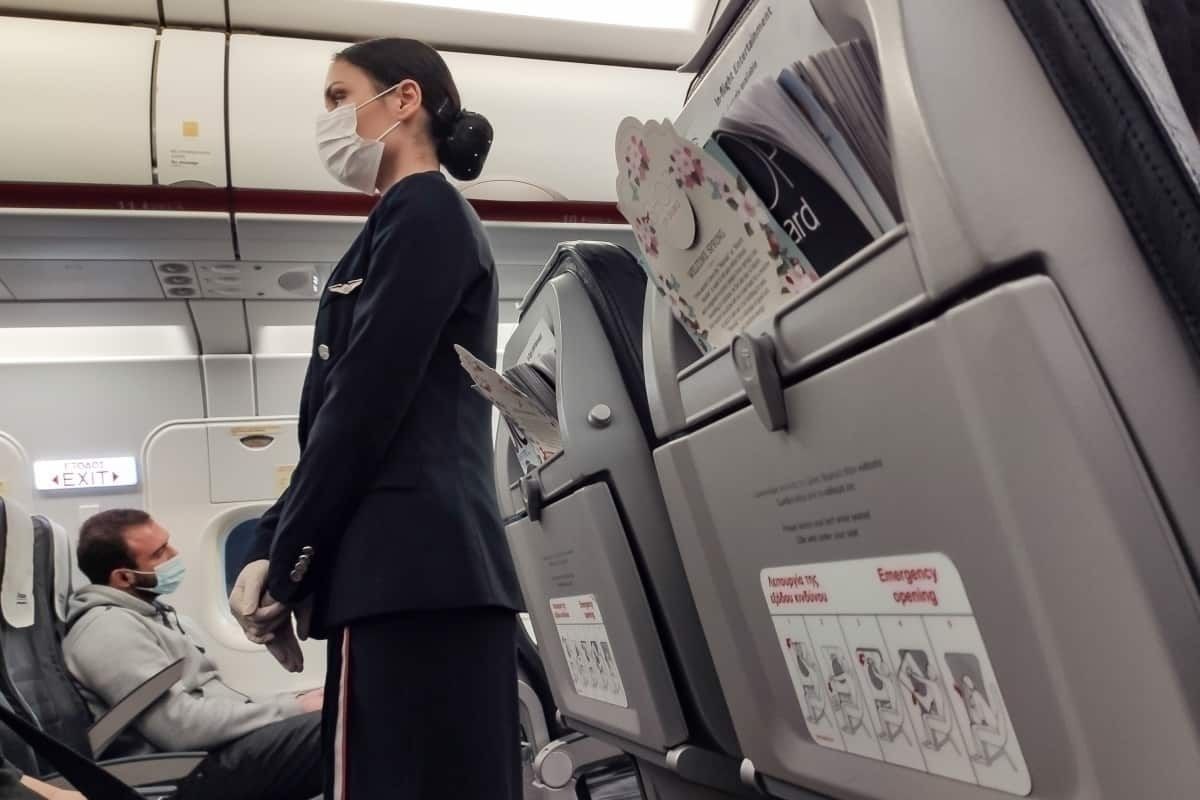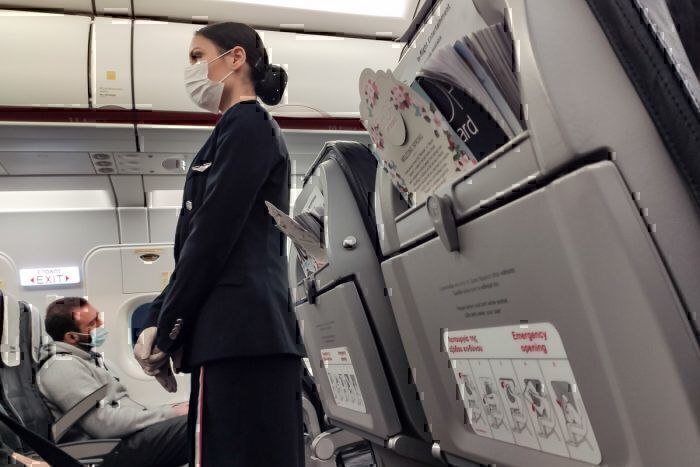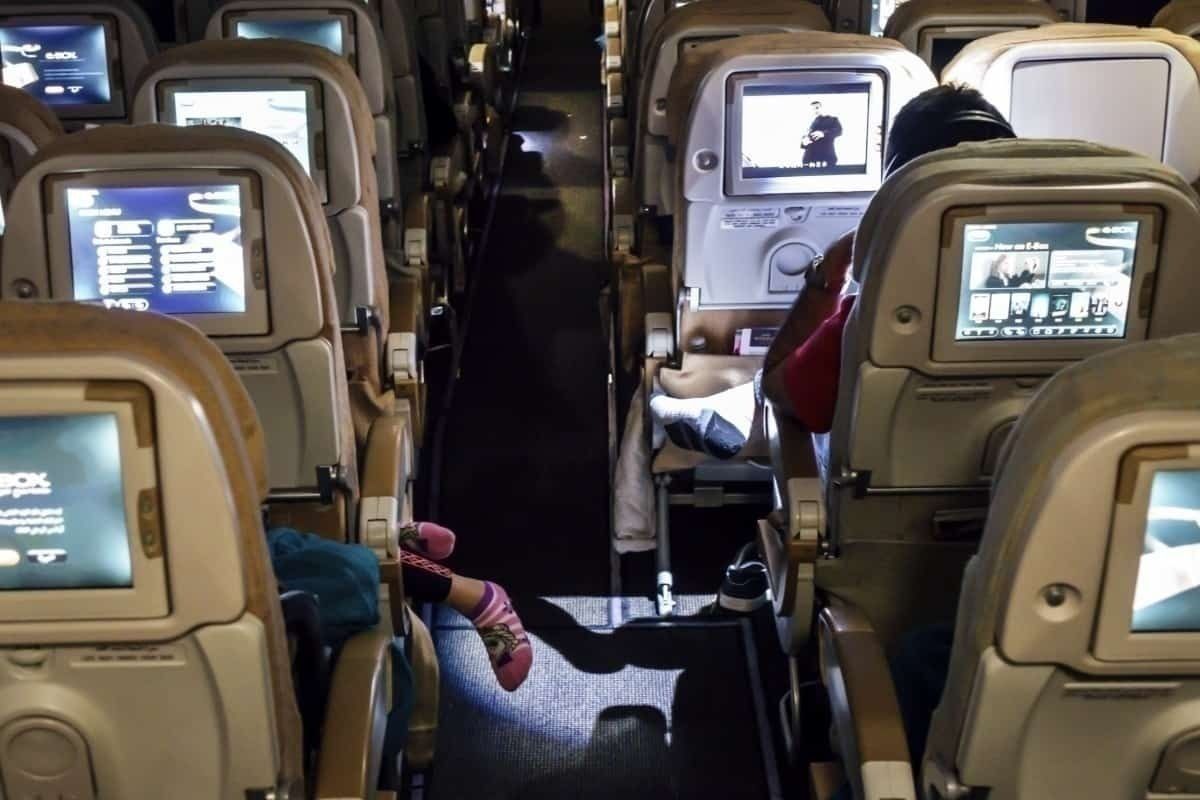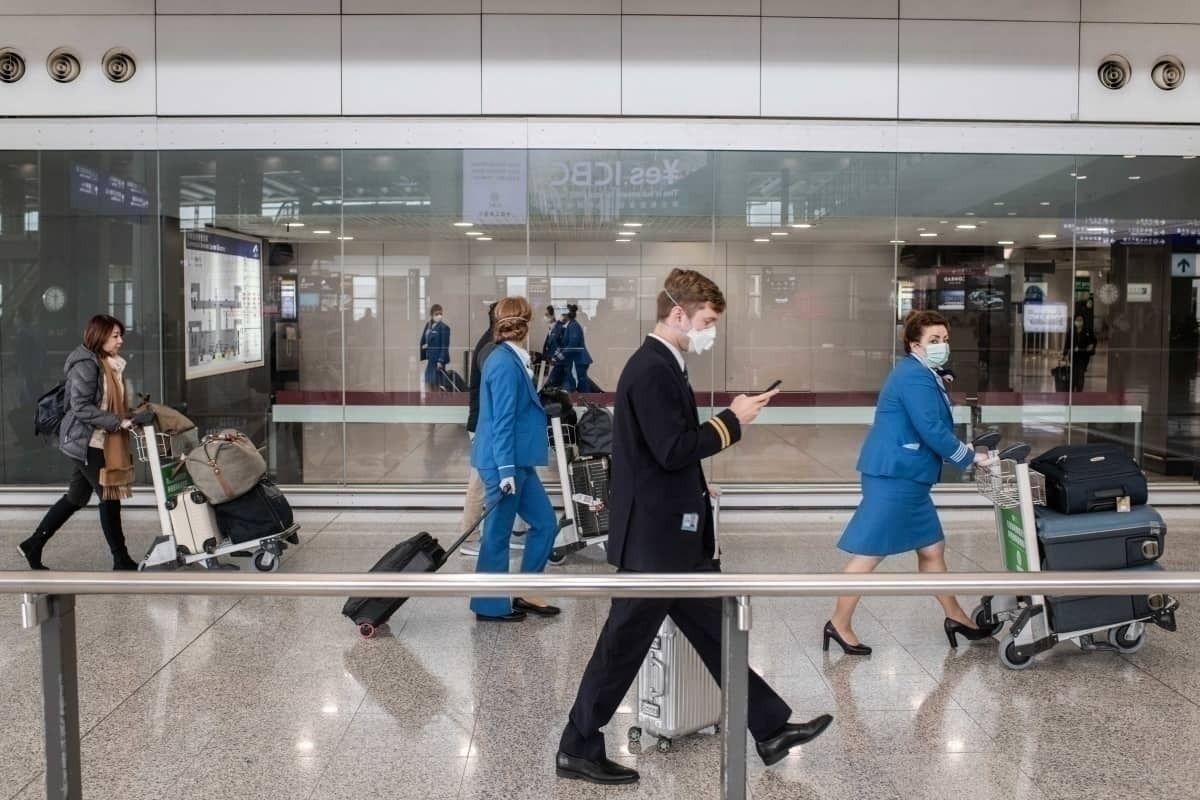The European Union Aviation Safety Agency has urged airlines that they should regularly shut off recirculation fans in order to control the spread of the coronavirus. The organization has also suggested a number of other ways in which carriers can keep their crew and passengers safe. But is this advice the right approach?
Airlines to provide face masks and stop recycling air
The European Union Aviation Safety Agency (EASA) announced a set of new guidelines on Thursday this week regarding the spread of COVID-19. On 2nd April, the body issued operational guidelines to prevent the transmission of coronavirus within aircraft cabins. The regulations included urging airlines to provide hand sanitizer, distribute face masks which should be changed every four hours and limited the number of cabin crew in a confined area. In addition, the EASA also said that airlines should:
"consider introducing supplementary procedure . . . to periodically turn off recirculation fans in air conditioning system of aircraft to accelerate cabin air exchange."
The idea behind this suggestion means that airlines should stop recycling air in the cabin. In effect, this should drastically limit the coronavirus contagion alongside other measures.
However, the new advice regarding the recirculation of air conditioning seems to juxtapose official guidance from the World Health Organization (WHO).
Cabin air is unlikely to spread COVID-19
As the spread of the coronavirus became more of a concern for the general population, there were fears about flying. Initially, passengers worried that the viral infection could spread throughout the cabin.
Since then, there have been a number of studies which state that the coronavirus is unlikely to be spread through aircraft air systems. On its International Travel and Health page, the WHO actually says that aircraft air recirculation is very good at preventing the transmission of bacteria and viral infections. It says:
"Research has shown that there is very little risk of any communicable disease being transmitted onboard an aircraft. The quality of aircraft cabin air is carefully controlled...Most modern aircraft have recirculation systems, which recycle up to 50% of cabin air. The recirculated air is usually passed through HEPA (high-efficiency particulate air) filters, of the type used in hospital operating theatres and intensive care units, which trap dust particles, bacteria, fungi and viruses."
It goes further to say that viruses are most likely spread via the close proximity of infected passengers. This is no different from using any other mode of transport.
Furthermore, the WHO says:
"Highly contagious conditions, such as influenza, are more likely to be spread to other passengers in situations where the aircraft ventilation system is not operating."
So, why has the EASA issued such dissimilar advice?
Protecting passengers at all costs
When it comes to passenger safety, the EASA cannot be blamed for the regulations that it suggests. There is still much to learn about the coronavirus and therefore many have taken matters into their own hands in order to limit its spread.
Wearing face masks are said to be ineffective, yet many people around the globe use them as personal protective equipment. The EASA also encourages the issuing of these masks. Right now, it's a case of every little helps, as long as its not doing any harm or making things worse.
It's important that airlines are able to reassure their passengers with the provision of hygiene standards. As well as this, they should try their best to protect their passengers from infection.
Do you believe the EASA is issuing the best advice? Let us know your thoughts in the comments.




